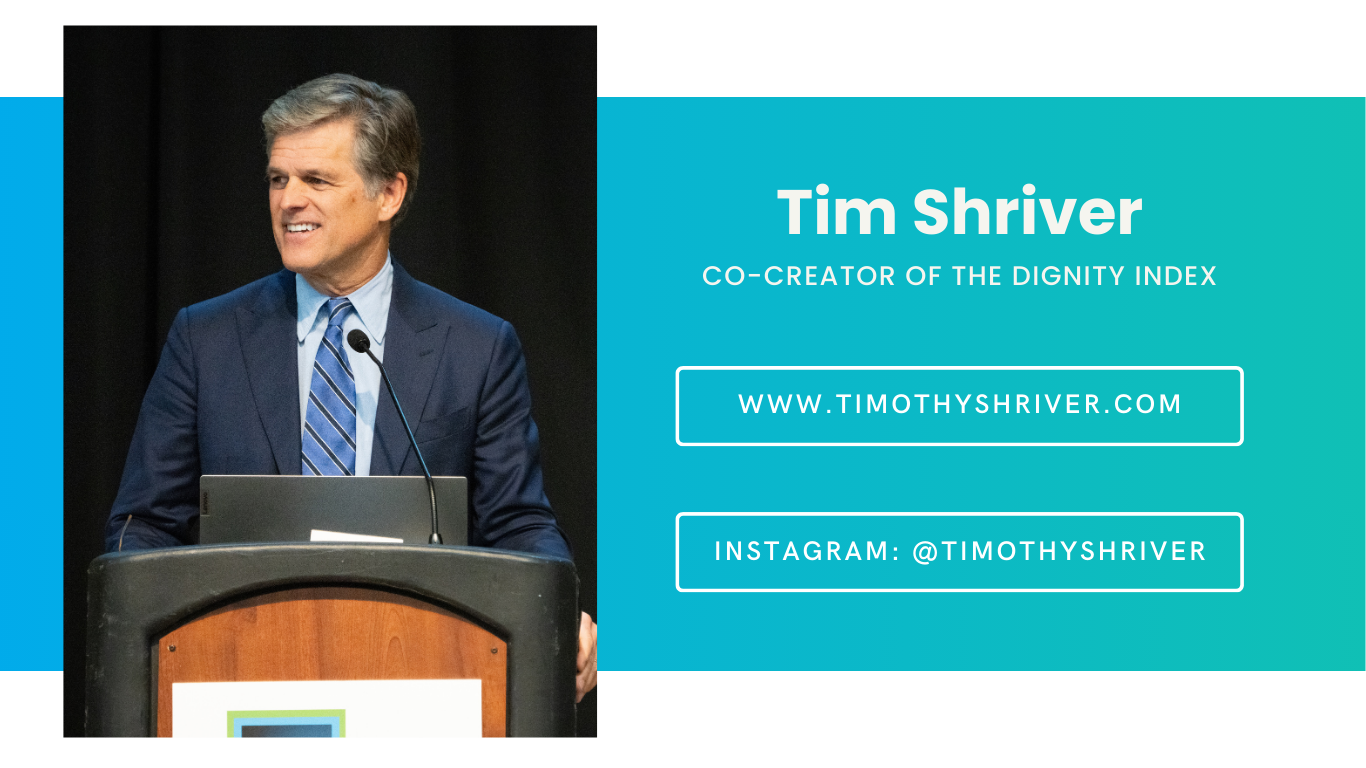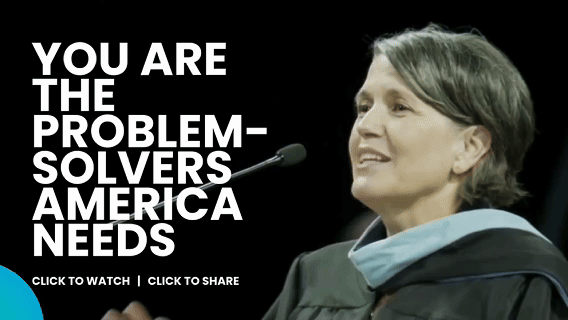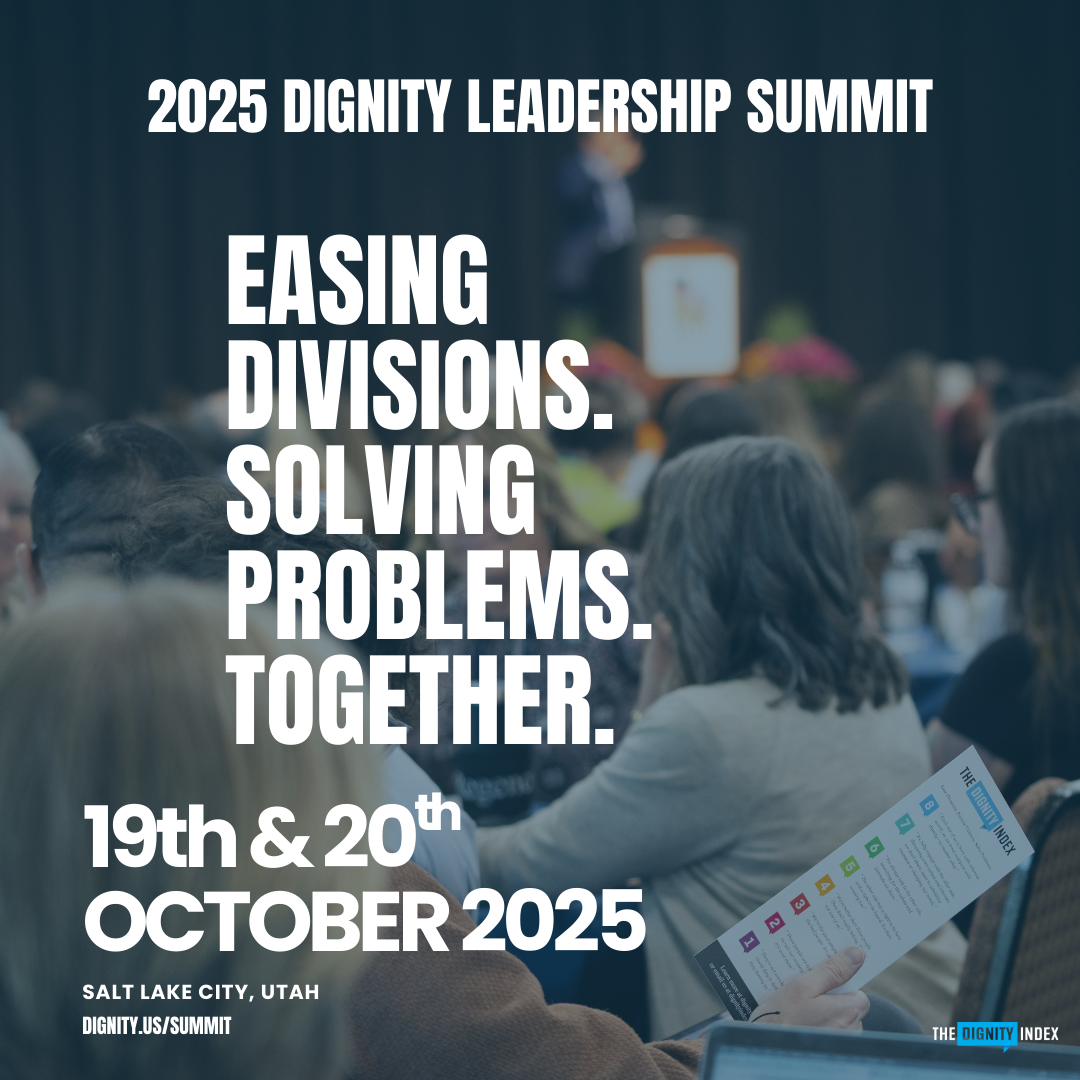Yesterday, September 2nd, was the symbolic end of the summer and the return to work. Of course, for the vast majority of us, work didn’t stop in July or August. But nonetheless, the Tuesday after Labor Day feels different. The calendar turns, the days shorten, and we’re back to work.
Want to see dignity in action? The Dignity Community is a space to connect with others, share your stories, and learn how dignity can reshape our everyday interactions.
Previous
Previous
The Big Strategy: Expose Contempt—Starting With Our Own
Next
Next






